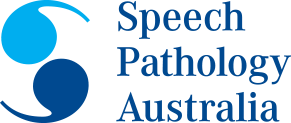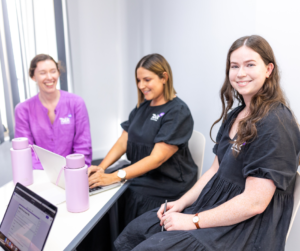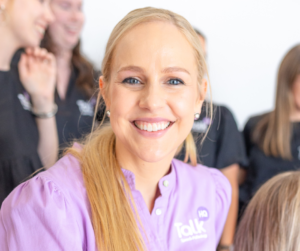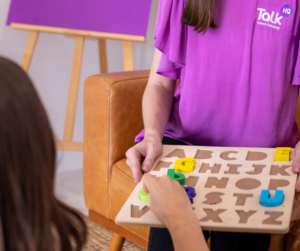Discover where your child is at in their communication development
A speech pathology assessment can help to uncover breakdowns in communication and set your child on the path to reaching their greatest potential.
How do you know if it’s too early or they are too
young for therapy?
Particularly in those early years, children are developing a number of skills and it can be hard to stay on top of where they should be at with each of them.
In the same way that some children will walk earlier than others, some children will explore language and communication sooner. Some may take to school learning while others may find the transition more challenging. With such wide variances, as parents, it can be difficult to know whether your child will meet their developmental milestones on their own or need some assistance to do so.
Perhaps you’ve put off seeking help because well-meaning friends and family have tried to put your mind at ease by telling you that they’re only little and will be okay. Or maybe you recognise there is a communication challenge but you’re not sure where to start. Whatever your starting point, our speech pathology assessments will help to identify if there is a developmental delay that would benefit from therapy.
A speech pathology assessment may be right for you and your child if:
- You have concerns about your child’s speech, language, communication or school learning but are unsure about the next steps
- An educator has expressed concerns about your child’s communication skills
- Your child is on the cusp of starting school and you’d like them to have a ‘check-up’ to see whether they have met their earlier milestones
- A GP or health professional has recommended an assessment
their age.
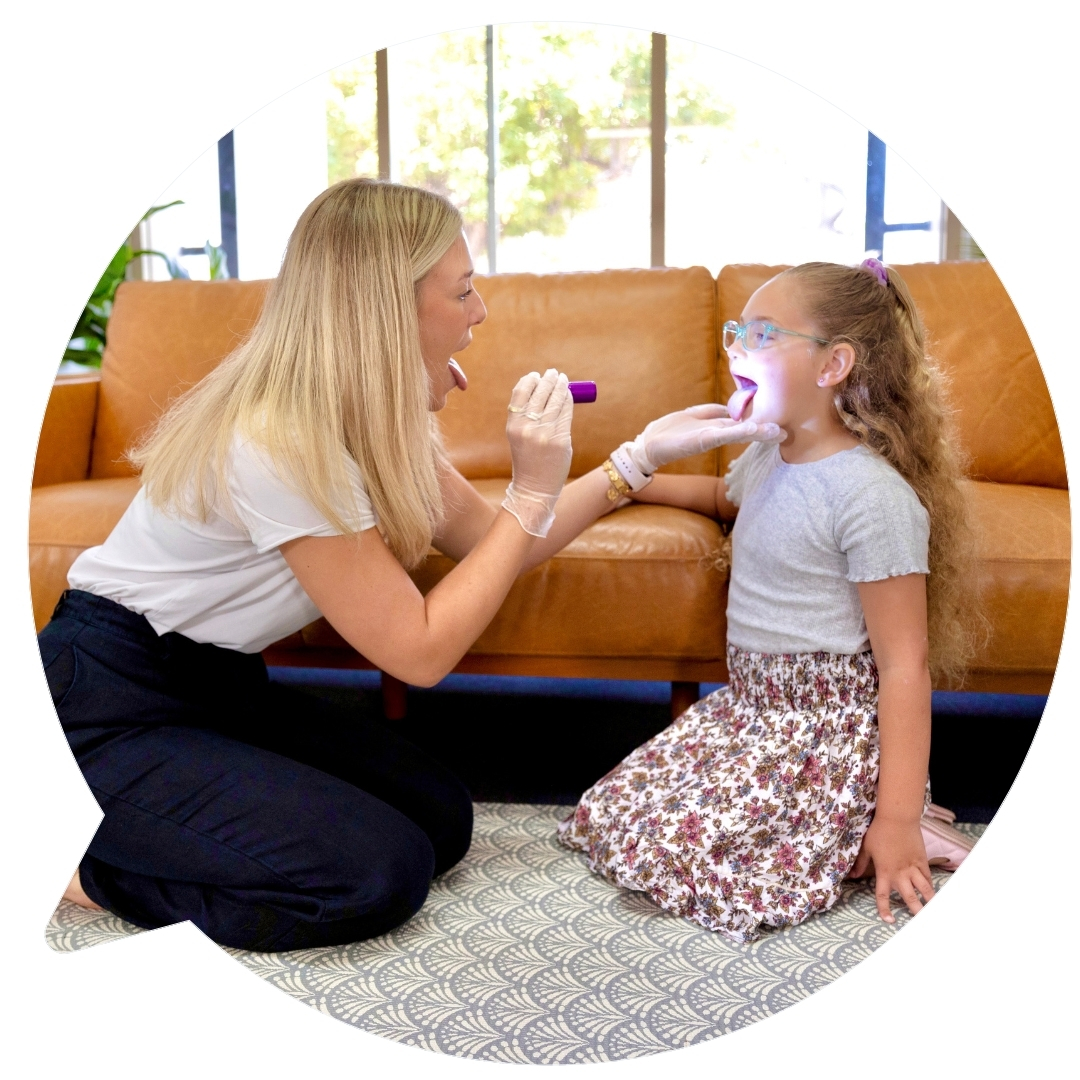
What does a speech
pathology assessment
look like?
If you’re picturing clipboards and a tiresome tick and flick questionnaire, you’re in the wrong clinic. Assessments at TalkHQ are fun, first and foremost.
A child who is engaged and having fun gives us the best picture of your child’s development. Our assessments are a three part process. Before we sit down with your child, we chat with you, asking more specific questions about the questionnaire you’ve filled out. As their parent, you know your child best and we want you to be able to speak openly about your concerns. In the next session, your child will meet with their therapist. All speech pathology assessments look different as they’re uniquely adapted for each individual child to suit their temperament, age and stage of development. We may also utilise standardised assessments which compares your child’s development within their age group. The final part is another session with you (without your child present) where we explain the results and ensure everyone has a really solid understanding of where the breakdown is, if there is one.
There are three possible outcomes from
an assessment.
There are three possible
outcomes from
an assessment.
01
The first possibility is that your child’s communication skills are developing typically. If this is the case, no follow up sessions beyond the three part assessment process will be required.
02
The second is that their communication skills are developing typically, just at the slower end of the scale when compared with others in their age group.
03
The final possibility is that the assessment may reveal a non-typical development such as a language or speech sound disorder. In both of these last two instances, we’ll set goals and come up with a therapy plan in your final assessment session. We will also talk about commitment to therapy as it’s so important to your child’s success that the whole family is fully onboard.
From the blog

